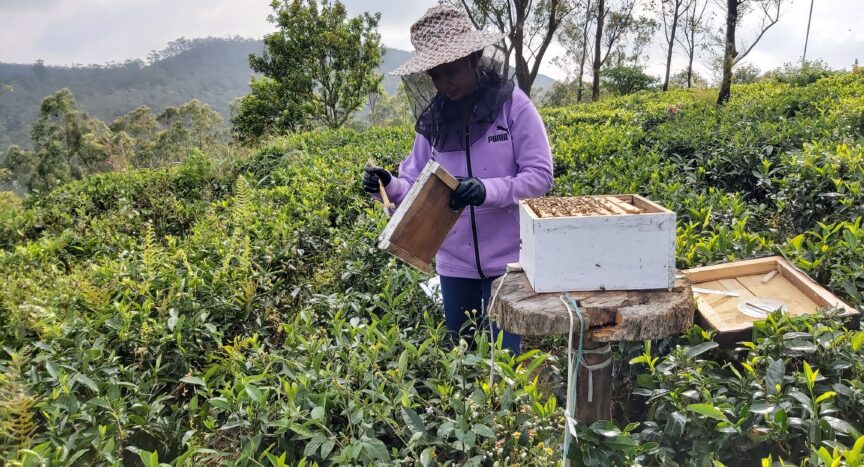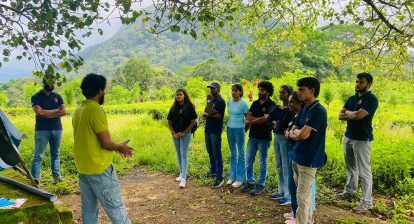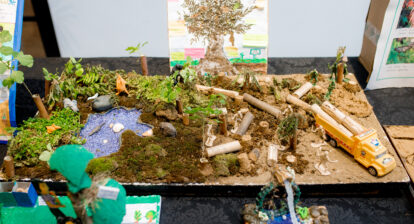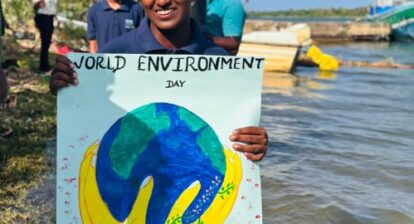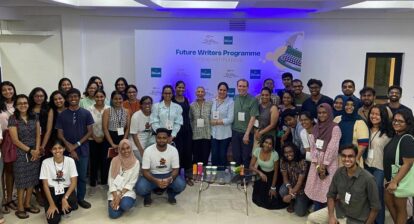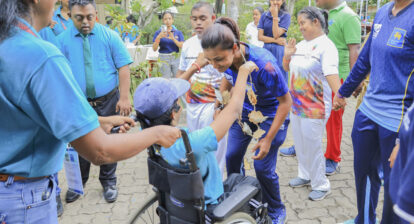Dilmah Conservation launched ‘Bee a Keeper’ in May 2020 to promote the sustainable use of bees in agriculture and related ecosystems.
The Rationale
You’ve probably heard about food scarcity and how climate change is often blamed as the main cause. While climate change certainly has a serious impact, there’s more to the story.
One of the often-overlooked reasons behind food scarcity is the loss of pollinators. Pollinator decline affects approximately 35% of the world’s crop production.
–Food and Agriculture Organization of the United Nations
Pollinators like bees are struggling with rising temperatures, shifting flowering seasons, unpredictable and extreme weather- all of which disrupt their food sources and pollination timing. On top of that, human actions make things worse.
- Pesticide use, habitat loss from farming and urbanisation, monocultures with limited flower diversity, diseases and invasive species (partly spread by human activity), and unsustainable honey harvesting all put extra pressure on bees and their survival.
Did you know?
In many rural areas in Sri Lanka, honey is still collected by cutting open wild bee hives built inside tree trunks, crevices, or other natural shelters. This process often involves:
- Breaking open the hive
- Burning materials to smoke out the bees
- Taking all the honey — sometimes including immature bees and larvae
This leaves the hive damaged or even destroyed.
The inception
The project began with a two-fold purpose: to help conserve local honeybees and create sustainable livelihoods.
Research plays a key role in the Bee A Keeper project.
- The One Earth Climate Change Centre in Nawalapitiya, established in June 2020, serves as the project’s primary research hub.

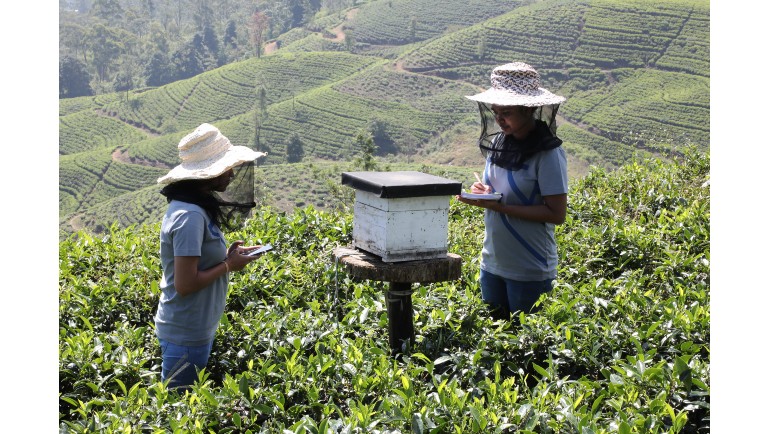
More research on bees is conducted at the Endane Field Research Station. Established in 2021, our Endane Field Research Centre is the project Hub for ‘Bee A Keeper’.
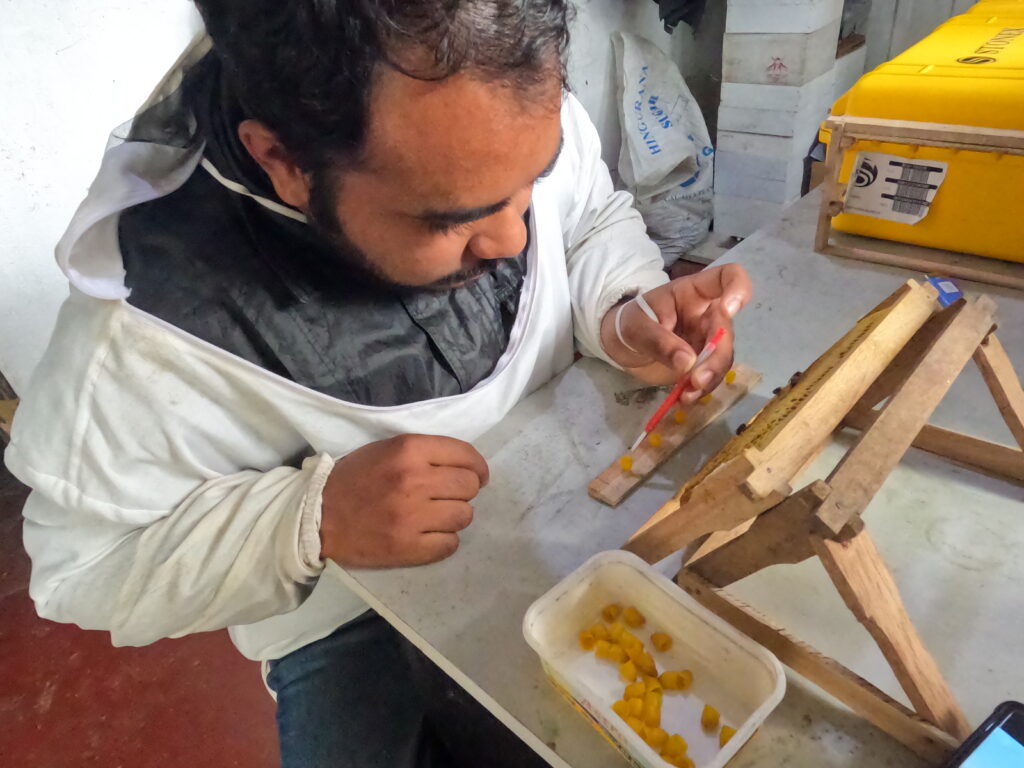

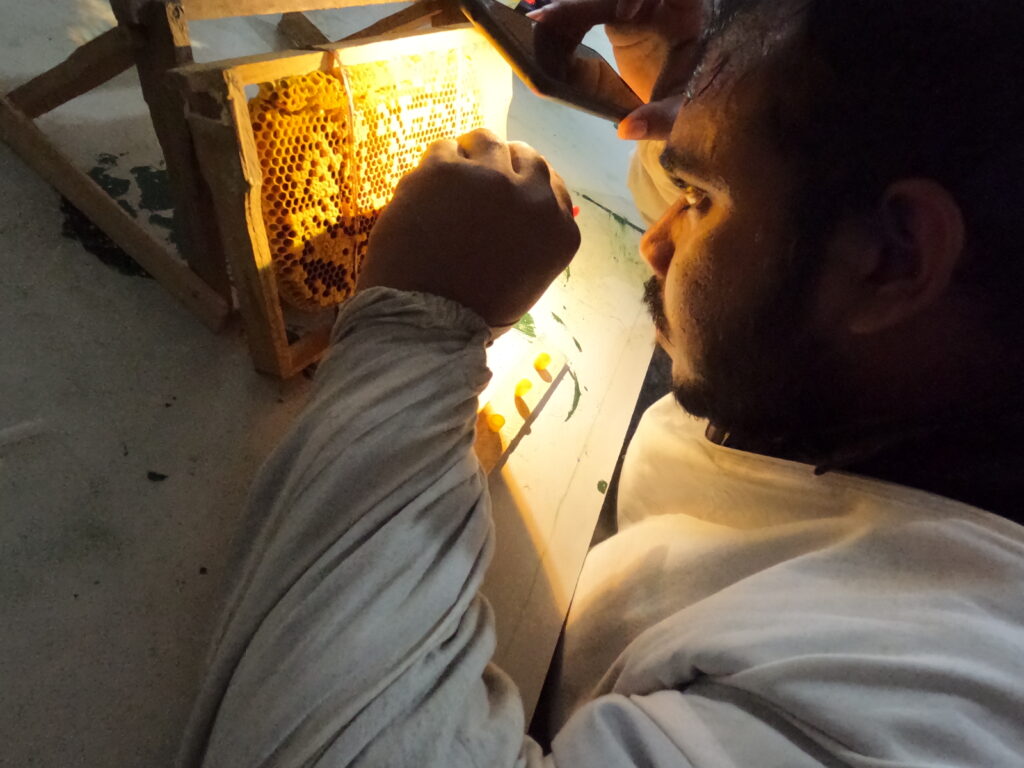
The Core of Its Sustainability
Through sustainable beekeeping we support bees, protect their colonies, and only collect what they can spare. It’s done through bee boxes.
Bee boxes, or beekeeping boxes, provide a structured, non-invasive, and sustainable way to harvest honey. These boxes:
- Let bees build hives without threat of destruction
- Allow easy extraction of only mature honey, preserving the rest of the colony
- Encourage bee activity, supporting pollination in the area
- Help maintain strong and stable colonies, which increases honey yield over time
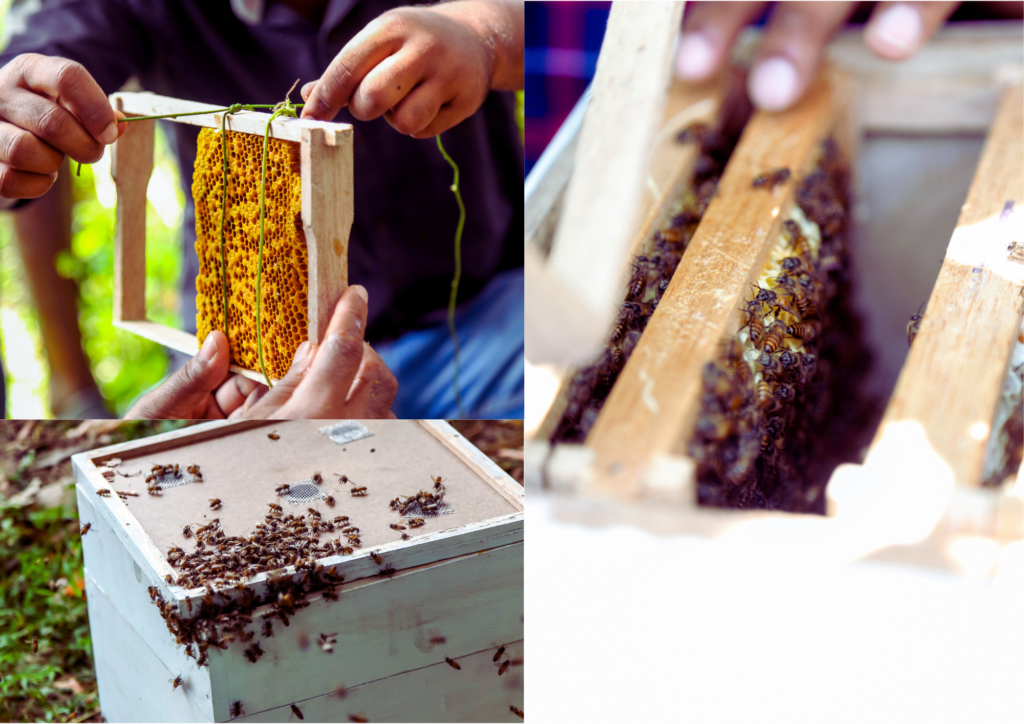
The present shape of ‘Bee A Keeper’
- 137 individuals trained
- 29 sustainable beekeepers empowered
- 03 bee research studies conducted
Providing bee boxes and training is just the start. Real impact comes from understanding hive dynamics. Detailed studies show that the queen bee drives the colony’s health and success. That’s where our bee research comes into play.
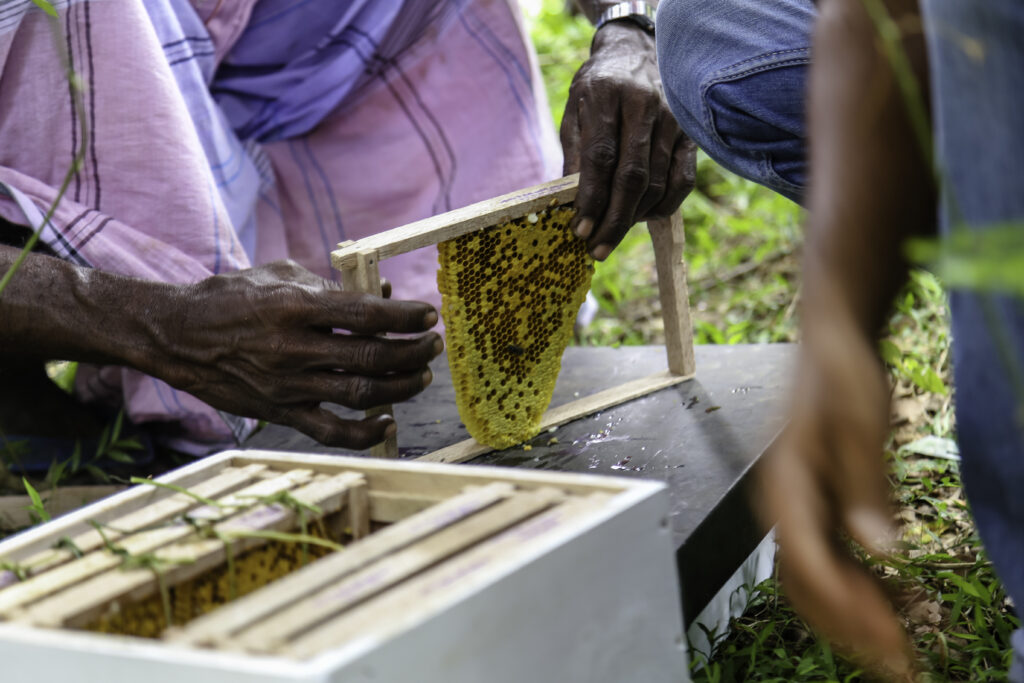

Way forward
At the One Earth Climate Change Centre in Nawalapitiya, bee research remains a core focus. With Endane leading the ‘Bee A Keeper’ project, the centre has grown into a key hub for bee-related research and education. We’ve also expanded the project in new ways:
In Moratuwa – Partnering with universities to bring bee knowledge to future planners and researchers

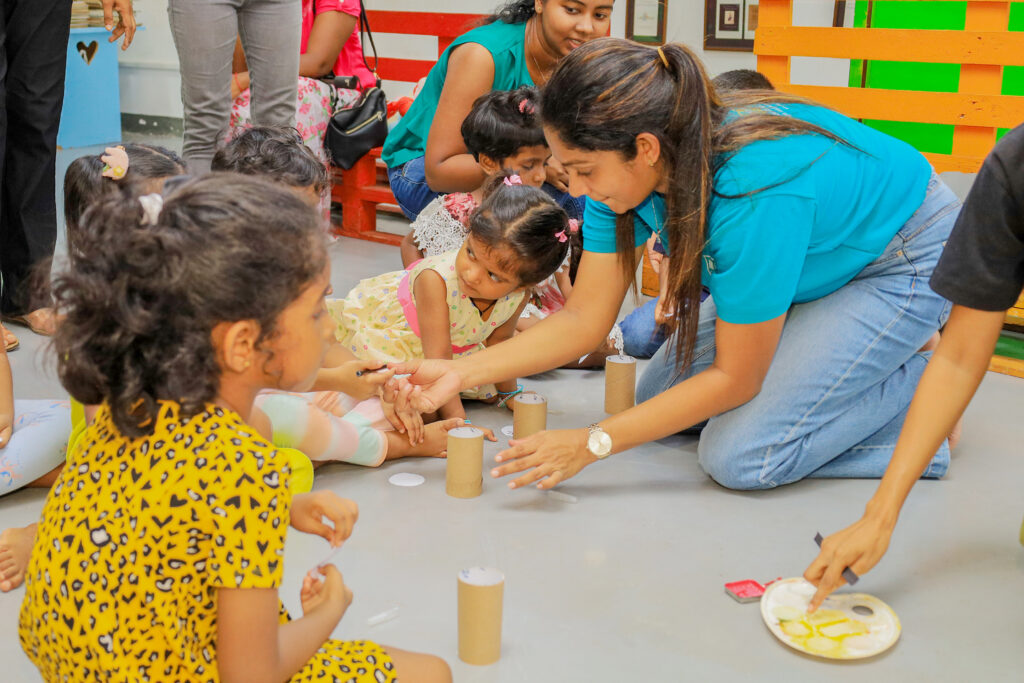
In the Eastern Province – Providing training and tools to indigenous communities, helping preserve their traditions while improving livelihoods sustainably.
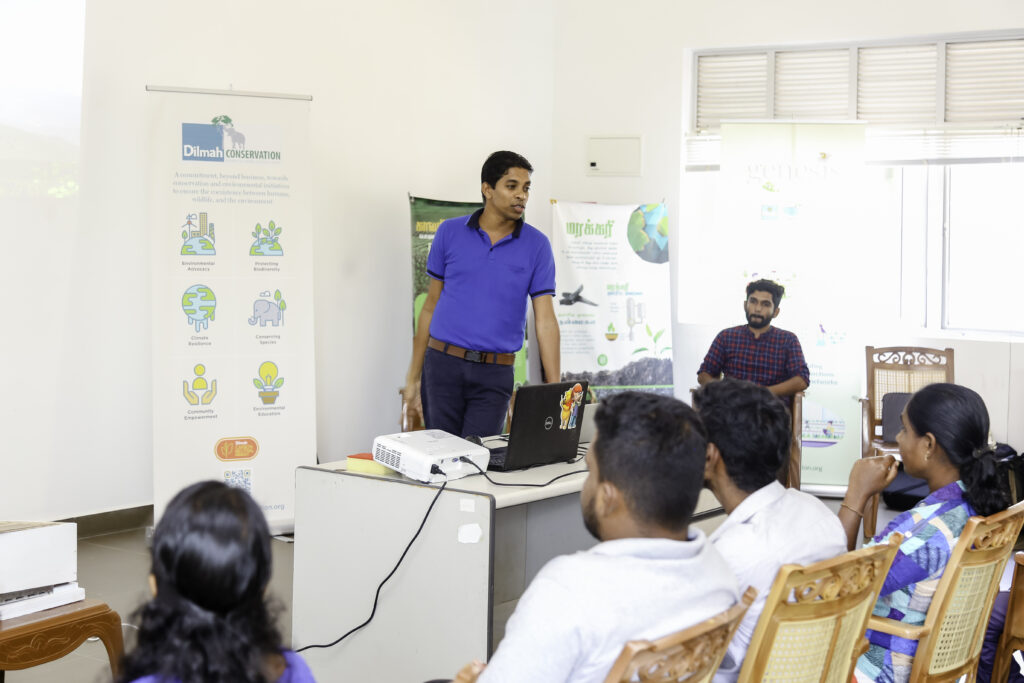
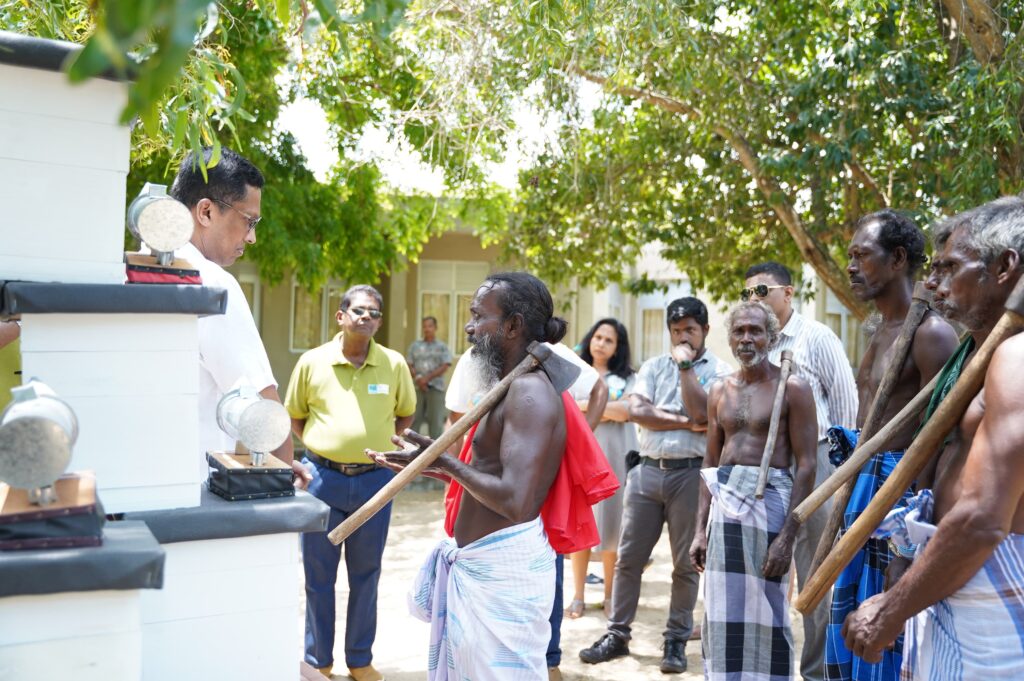
This is about building a mutual relationship:
We create safe spaces for bees, and in return, they help us grow food, protect ecosystems, and fight climate change.
Bees aren’t just part of nature — they are partners in keeping life going.

